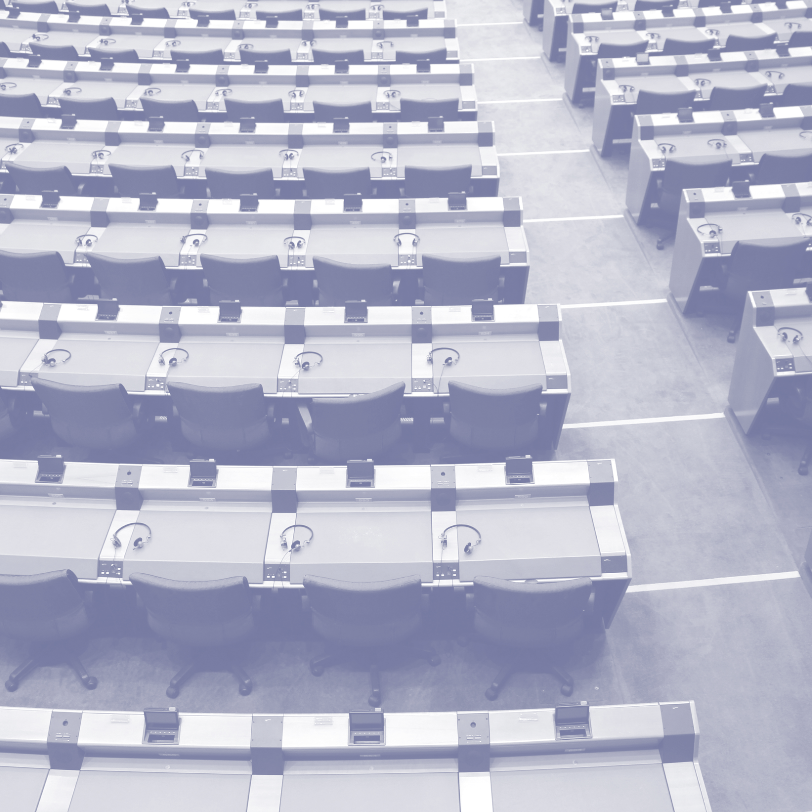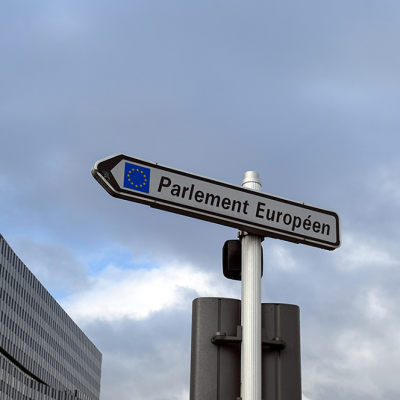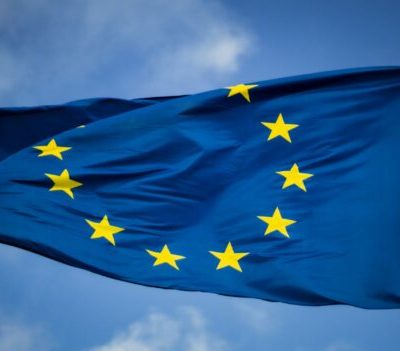Political dynamics ahead of the European Parliament elections: implications for the EU’s political direction and policy priorities
By Thierry Chopin, Special advisor at the Jacques Delors Institute, Visiting Professor at the College of Europe (Bruges), Nicolò Fraccaroli, Visiting Scholar at Brown University (Watson Institute), Nils Hernborg, Economist in the EU Institutions and Fora Division (Directorate General International and European Relations) at the European Central Bank & Jean-Francois Jamet, Counsellor to the Executive Board at the European Central Bank

This paper aims to analyze the political dynamics that prevail ahead of the European Parliament elections, in terms of the evolution of the partisan landscape, attitudes towards further European integration and the increasing fragmentation of European politics. It then investigates their political and institutional implications, first in terms of electoral participation and salient issues in the campaign, and second for the political balance of power and European policies in the next five years.
PARTICIPATION AND SALIENT ISSUES FOR THE 2024 EUROPEAN PARLIAMENT ELECTIONS
The continued rise of ‘populist’ parties in Europe
Turnout in European Parliament elections was on a secular decline from the first elections in 1979 to 2014. The 2019 elections broke the secular decline and demonstrated a renewed interest in EU politics. Looking ahead to the 2024 elections, this upswing in turnout is expected to continue: first, the European political sphere may have shifted further away from a simple ideological dichotomy of being for or against the EU in recent years, towards more focus on political priorities of the EU (at least for what concerns the electoral campaign); second, there is a broader understanding of the EU’s role in taking important decisions which can impact citizens’ lives; third, the geopolitical situation has increased the relevance of being a member of the EU in a more fragmented world where Europe seeks to position itself distinctly from other superpowers.
Salient campaign issues: political demand and voter expectations
While the issue of immigration has gained traction recently in most European countries, data show that also other concerns and expectations rank high for European citizens. The Covid crisis marked a return of the salience of the economic situation, and concerns about inflation remain higher than prior to the energy shock. The most recent data points to a decline in the salience of climate change. The salience of the war in Ukraine is overall high among EU citizens, but with some heterogeneity across countries.
WHAT POLITICAL BALANCE OF POWER AFTER THE 2024 EUROPEAN PARLIAMENT ELECTIONS? PROJECTIONS AND IMPACT FOR EUROPEAN POLICY IN THE NEXT FIVE YEARS
What projections in terms of political and partisan balance of power after June 2024?
Current projections for the next European Parliament and the evolution of the composition of the European Council suggest the following balance of power in the upcoming legislature:
- The centre-right, centre-left and liberals would remain able to command a majority in both the European Parliament and the European Council, but this majority would be weaker.
- The European Parliament would shift to the right. This could lead the centre-right (EPP) to seek stronger influence. Overall, the representation of eurosceptic political groups would increase, although the share of clearly pro-EU political groups is projected to remain above 60%.
- More uncertainty and potentially instability in the European Parliament could lead the new Commission to seek broader support than the current coalition to pass legislation, potentially reducing policy ambition (lower common denominator) and focusing on issues that can command broader majorities. A key test for the political balance in the next term will be the appointment of the President of the European Commission.
What European policy for the next five years?
On the economic front, the competitiveness of the EU and its ability to strengthen domestic sources of growth have emerged as key questions against the background of rising risks of trade fragmentation and massive subsidies by the US and China to their domestic companies in a context of geopolitical and technological competition. Another key issue for the next legislature will be the EU’s strategic positioning in a world where it appears comparatively less determined and united in asserting its interests and values than other major geopolitical powers such as the US, China or Russia.
This suggests a policy agenda that is largely determined by external challenges. This may also affect priorities that were already present in the previous legislature’s agenda, such as the green and digital transitions. Increased political fragmentation may however widen the gap between the magnitude of the challenges and the ability to agree on ambitious responses. The choice of personalities to lead EU institutions and how they exercise their roles will matter in this respect. While the role of President of the Commission will increasingly have to focus on building cross-party support for policy initiatives, a European Council President that is widely respected within Europe and globally would allow to provide a longer term, strategic vision and act as a guardian of the union.




